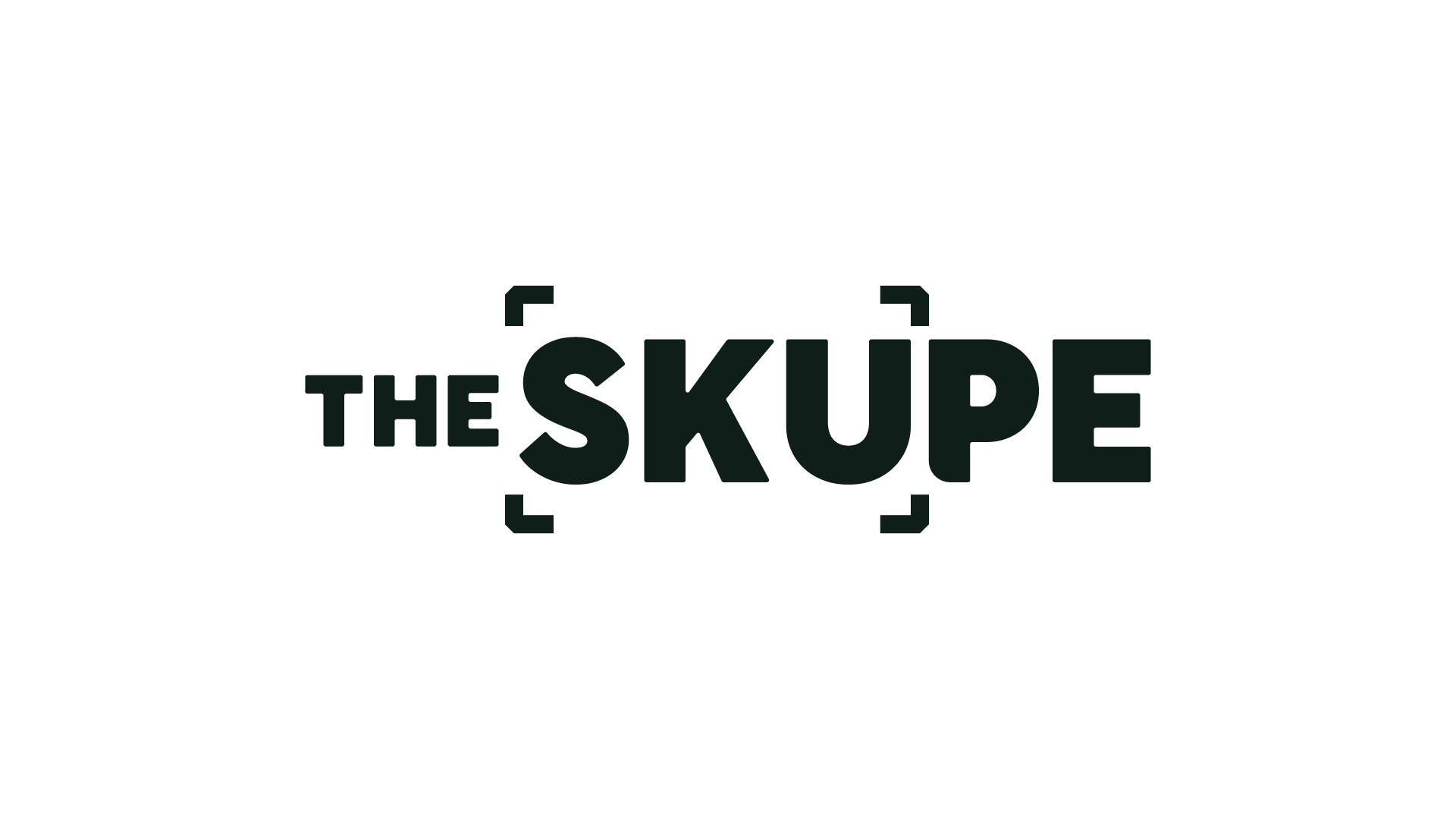Retail isn’t just logical, it’s emotional
Plus: Ulta’s employee content strategy | Reddit made me buy it

What’s your brand’s EQ? Emotional intelligence is just as critical as data for retailers. Understanding your customers’ emotional needs, not just their functional ones, is important for creating brand connection. That connection doesn’t only happen through marketing; it also happens on the sales floor. Ulta Beauty, for example, has turned its store associates into some of its most effective brand ambassadors on social media.
Plus, we're exploring the rise of micro shopping events, Reddit’s growing influence on purchase behavior and the anatomy of a viral moment. Also this week, we sat down with branding expert Melissa Skoog to find out what you should know before investing in marketing. Let’s dig in.

Even smaller. First it was smaller stores. Now sales are happening in tiny apartments.
Nebraska, what? This Midwest state is home to the most dishonest shoppers.
Legend closing. A 400-year-old Amsterdam coffee house can’t withstand rent increases.
Cos I said so. H&M’s higher-end sister brand is becoming the newest quiet luxury label.
Let’s get physical. Roblox creators can now sell real products in their simulated experiences.
Easy CRM for Small Businesses

Running a small business means juggling customers, orders and day-to-day operations. Bigin helps you bring it all together in one place—so you can track sales, manage customer details and stay organized without extra hassle.
Built for small businesses, Bigin makes it simple to streamline your processes and focus on growth. Trusted by 20,000+ small businesses worldwide.

What retailers should know before investing in brand marketing
Melissa Skoog, founder of Skoog Co., has worked across nearly every facet of branding—from editorial roles at Condé Nast and Hearst to merchandising under GAP’s Mickey Drexler, to marketing and communications for Prada. After forming her own agency in 2012, she moved from New York to Chicago, where she handled regional and national coverage for luxury brands like Hermès and Ralph Lauren. “The pandemic made us realize that we were just as effective remotely, so I got rid of my office and moved to Florida two years ago for my family,” she shared. "I still have the same team. Some are based in Chicago and some in New York, which... in addition to Miami, [is where] we work most.” Here, she shares what companies should know when considering hiring an agency or in-house marketing person. –Marcy Medina
Describe Skoog and what you do.
The simplest way of saying it is that we are brand storytellers. We do this through content marketing and communications, brand partnerships and events, and influencer marketing. I recently extended our services to product development, merchandising and creative direction for clients such as Mark Cross and Cartolina. Having served as a merchant at Banana Republic and working with product-forward companies for 15-plus years, I realized that where my passion lies outside of storytelling is in the product itself. I wanted to get my hands dirty in product again because that’s what informs the storytelling.
If an SMB retailer or founder is considering working with an agency or in-house marketer, what questions should they be asking themselves and what should they know?
It’s important that skillsets align and compatibility is there, meaning if you work with an agency, you need someone on your team dedicated to managing them and providing internal information to them. Anybody who’s looking to invest in either a full-time or fractional person or agency has to be setting aside those dollars for the long-term and not anticipating a short-term gain because the payoff is typically not immediate. There’s no set path to going viral and PR [public relations] alone is not going to sell your business. It’s also important to measure your growth goals and assess your internal capabilities and assets and see where there’s white space or where you could use an added push.
What advice can they follow now if the they’re not ready to make that investment yet?
This might seem obvious, but make sure you are leveraging your social media channels and test different channels depending on the formats you like to use. It’s really a way forward for a lot of brands because so many are being discovered this way and it’s also a major avenue for growth. The other hot topic is newsletters. If there are certain ones you’re enjoying, could they be a good distribution channel for you, too?
What nuances have you discovered in Chicago, New York and Miami that affect how you work there?
It doesn’t matter where you go; each city has its behaviors if you don’t play into those it’s not necessarily going to go well. Especially for a shopping event or trunk show, really understand how to read the room. If you’re not based there, have an informant on the ground to help you determine the time, place and audience for what you want to do. For example, I didn’t know until I moved to Miami that the minute school gets out, everyone leaves and doesn’t come back until August. Summer is a dead zone for events.
Also important is understanding attrition, or the percentage of people who say they’re attending an event and then don’t. I learned that in Miami, the traffic is so bad you should anticipate roughly 75% attrition, or 50% for something that is highly anticipated. Chicago is super polite–it’s more like 25-30%.

What’s your EQ? How emotional intelligence drives retail success
It’s no surprise that brand emotional intelligence (EQ), or understanding how customers feel at each stage of their journey and considering their functional and emotional needs, can lead to successful customer experience. But now brands across industries are using it to turn transactional interactions into empathetic experiences. A recent report by Braze found that focusing on EQ can drive stronger brand performance and of the 2,300 global market leaders surveyed who were actively building emotional connections with customers, 60% beat their revenue goals.
Why this matters: “Successful EQ is not just a delivery process, it’s an opportunity to create stronger brands,” says Jean-Francois Damais, the global chief research officer of CX at Ipsos. The stronger your brand and the connection customers feel to it, the more solid your foundation for making sales. (Customer Experience Dive)
From UGC to EGC: How Ulta’s store associates inform strategy
Many brands turn to user-generated content (UGC) to inform marketing initiatives and drive sales, but Ulta Beauty is taking it up a notch with employee generated content, which we like to call EGC, because who doesn’t love a good acronym? The beauty retailer’s internal ambassador program, dubbed “Ulta Beauties” leverages in-store associates, who already create social media content, to connect with shoppers and inform its social marketing strategy. It’s both genius and simple. Around 1,500 of the company's 50,000 associates nationwide applied for the program when it launched in June, and the results speak for themselves–several of the 30 associates in the first cohort have seen their followings grow dramatically.
Why this matters: Your employees are arguably your most valuable asset, and a pipeline for future company leaders. Those on the store floor often know what’s happening with customers before management does, so harnessing that “superpower” to connect directly with customers via social media is a no-brainer. (Glossy)

Two beauty brands break down their viral moments
Home Depot is the latest big-box retailer to walk back DEI
Walmart may have to raise prices due to Trump tariffs
Valentino’s ex-CD Pierpaolo Piccioli talks Balenciaga appointment
Ebay releases list of most popular resell brands

What happens when data drives design decisions? More sales
Fabletics, the largest digitally native activewear brand, doesn't operate like a typical retailer. Launched in 2013 as a subscription-only DTC brand, it has grown to include over 100 stores nationwide with plans to double that by 2029. Actress Kate Hudson joined as an investor and creative force, and while Fabletics may seem like other retail chains on the surface, it's approach is different. Co-founder and CEO Adam Goldenberg was among the first retail leaders to take a data-first approach, often using real-time feedback to improve products quickly — from updating underperforming SKUs to refining items based on customer feedback and making changes to improve it immediately.
“There’s no monthly fee to pay with our membership. It’s more of a supercharged loyalty program. And because of the membership program, we have lower return rates and exchange rates…So all those things take waste and cost out of the ecosystem, and that allows us to pass those savings back to our customers." - Adam Goldenberg, co-founder and CEO, Fabletics
Why this matters: Not every company is a vertical operation that can manufacture and sell its own product, but Goldberg’s data-informed approach is useful for many. He is also a longtime proponent of breaking down workplace silos, allowing different departments to sit together to foster what’s now known as cross-functional teams. Listen to the WWD podcast here.

Reddit's chat forum communities are strong driver of sales
Reddit's community chatter isn't just noise—it's driving sales, according to a new report published by Reddit, Sensor Tower and Adjust.
The study dives into Reddit’s role in the app ecosystem, where North American users show a 49% higher app retention rate than users on other social platforms. What’s more, Redditors also have higher spend rates on apps recommended in the platform. A whopping 43% of recommendation conversations on Reddit are product redirects, where users come to discover new options or consider alternatives.
Why this matters: It’s all about being wherever your customer is, and plenty of them are on Reddit where they’re looking for advice on things to buy. Listen to those conversations, find a way to be part of them and consider advertising on Reddit. Two in three Redditors said they would purchase a product if they saw an ad about it on Reddit. (Social Media Today)

Thanks for reading this week's edition!
You can reach the newsletter team at theskupe@mynewsletter.co. We enjoy hearing from you.
Interested in advertising? Email us at newslettersales@mvfglobal.com
The SKUpe is curated and written by Marcy Medina and edited by Bianca Prieto





Comments ()